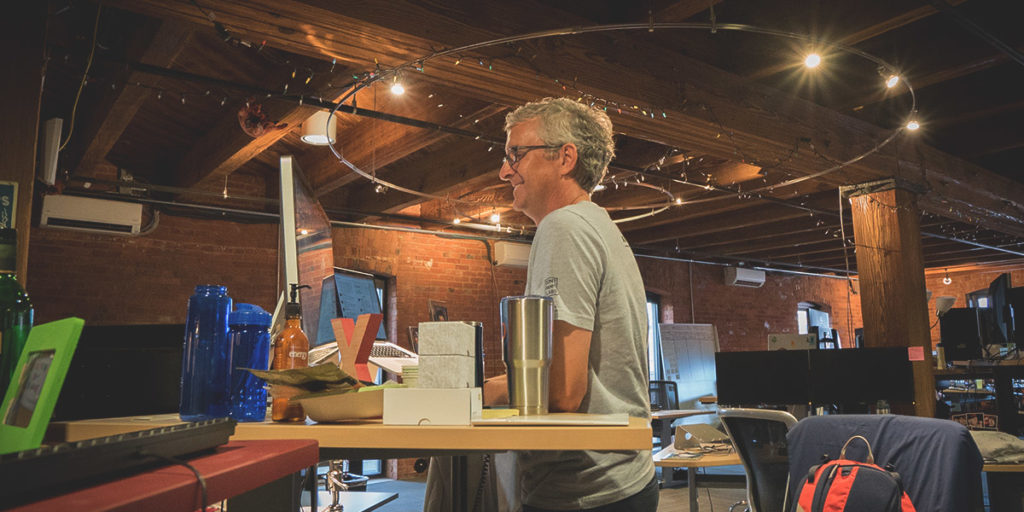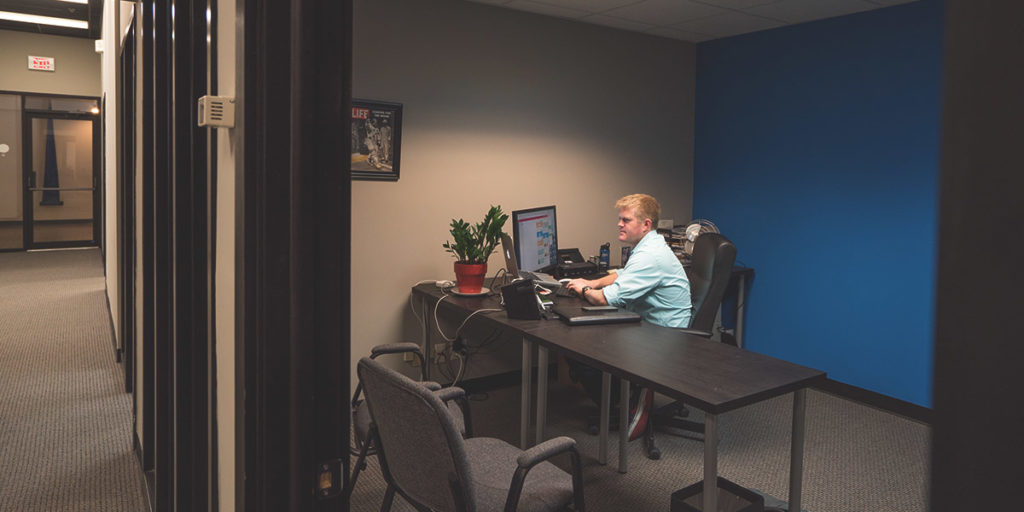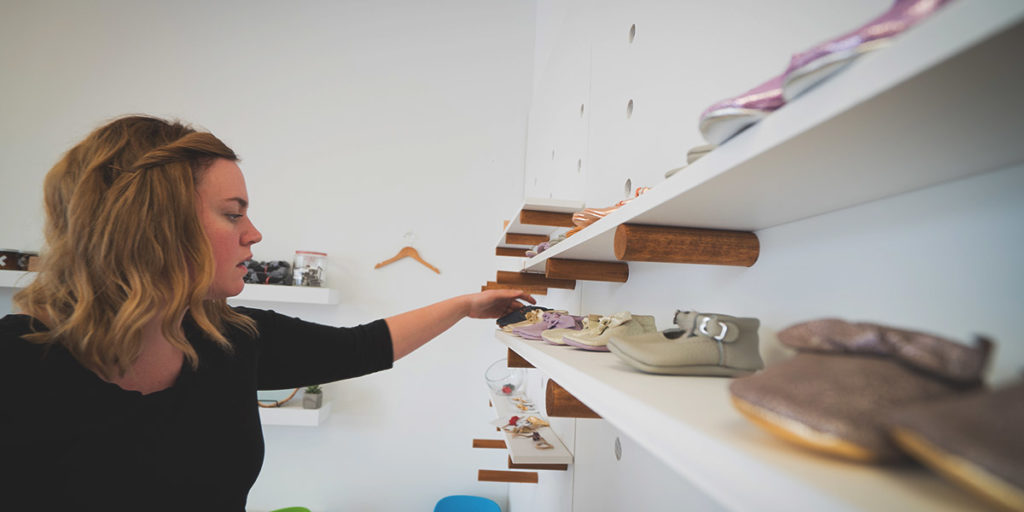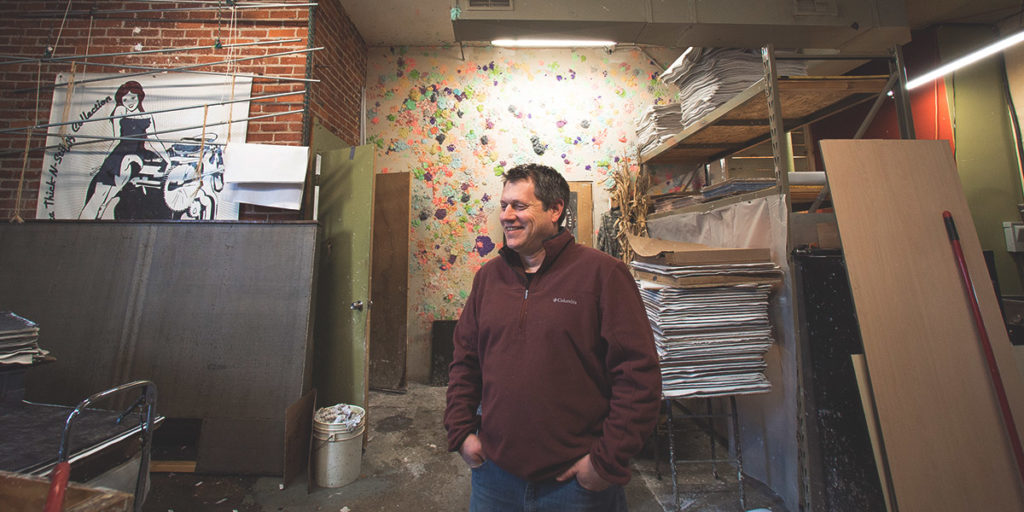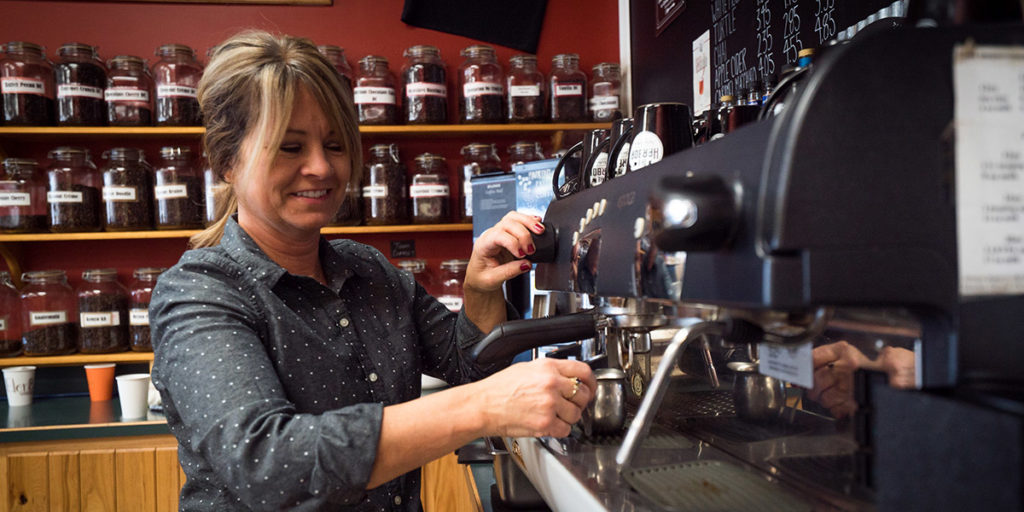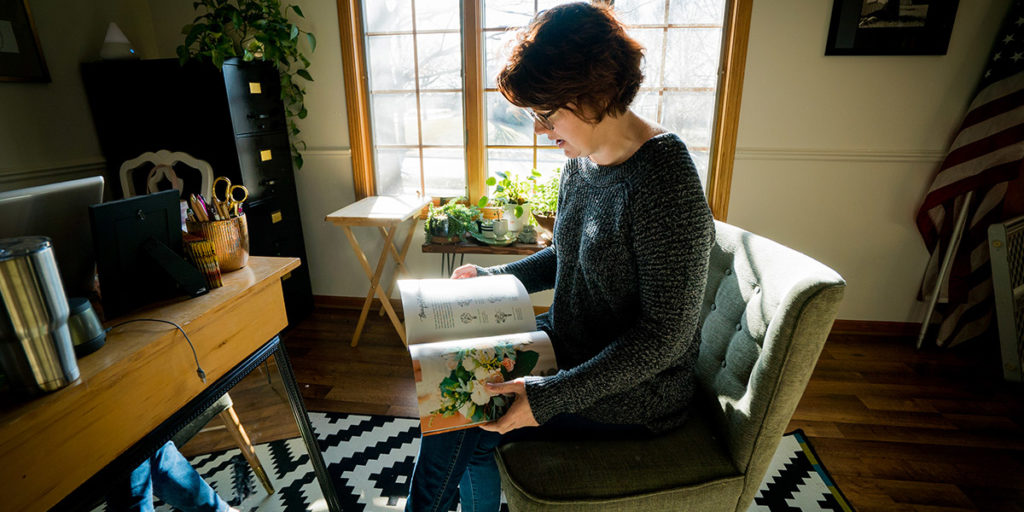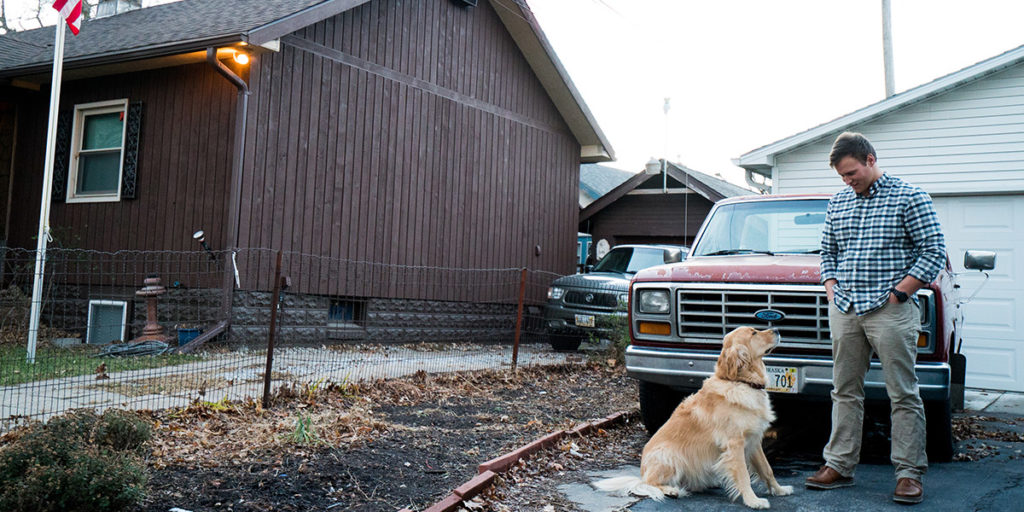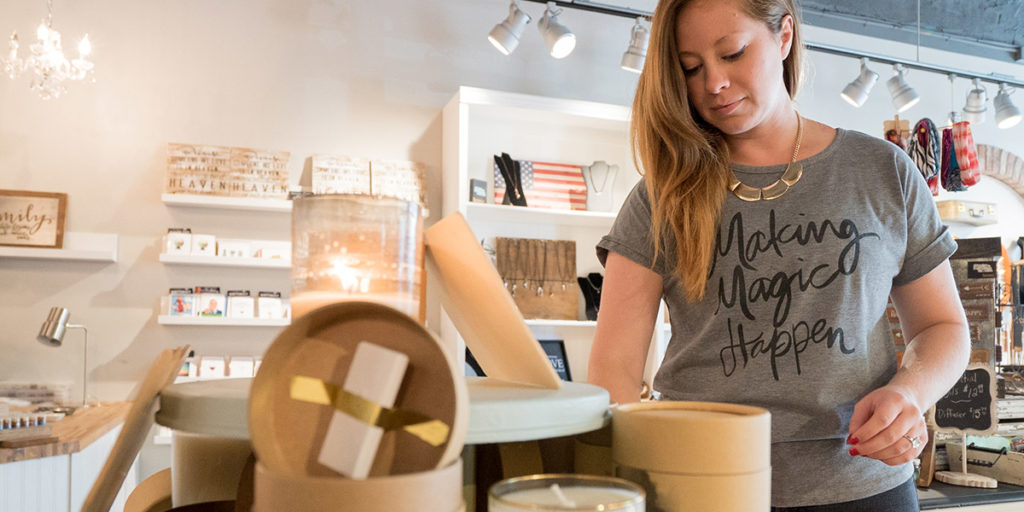
Sometimes Sarah Mullins forgets that she graduated from college with a psychology major and an education minor.
She forgets that she could be a teacher or a school psychologist, and mostly she forgets that she had planned to do anything other than start her own business.
These days, she spends her time talking with retailers and department stores, strategizing about how to grow her company and testing out new scents for her upcoming line of candles.
It’s a big job, but one she never thought she’d get to do.
See, just a few years ago Sarah was living out of her shop, her car and her friends’ couches. Her story has involved some very high highs and very low lows, but it’s in those low places that Sarah said she grew the most, learned the most and began to understand what her story is all about.
Here’s a hint, it’s not just about candles.
In college, Sarah discovered her love of candles. She was fascinated by the way the scents reminded her of places and things – what she didn’t love was how much candles cost.
So, she started making them herself. But what started as a hobby and a way to save a few dollars quickly turned into a full-on business that made her quit her day job just to keep up with orders.
Suddenly Sarah was 23 years old, newly married and running a successful business – things were going great.
She opened a storefront and continued making candles for her eager customers. Sarah poured every ounce of herself into the business over the next few years as she worked to juggle the pressures of her work and personal life.
But during the first three years things started to fall apart. Sarah was buried under a mountain of bills and debt, she was struggling to keep her business open and went through a difficult divorce that left her without a place to call home.
She crashed on friends’ couches and slept in her shop on nights when she worked late. It was hard, and nothing like Sarah had imagined. This was not how she pictured her life, she needed a new start, a new idea and a new dream.
When she was just about out of money she had a crazy idea – end her current business and start a new one. While it may have seemed like the wrong answer to everyone else, Sarah knew this was the right thing to do.
During this season, Sarah started thinking a lot about her Aunt Pamela and Granny Faye, two women who made a big impression on her as a child. They were strong, independent women who gave back, stepped up and loved others well.
Sarah knew that if she was going to have a legacy, she wanted it to be like theirs, so she renamed her company Feya Candles after her beloved granny and aunt. She decided that just making and selling candles wasn’t enough, she wanted to give back. Much likes TOMS shoes, Sarah wanted to connect her business to something more than just goods, so she decided to donate a meal for every candle she sold.
She had her new business plan mapped out in her mind, now the problem became spreading the word. After evaluating the way she had run her business for the first three years, Sarah noticed that she made more sales when she sold her candles to other retailers, which sparked another crazy idea – a road trip.
Sarah sold all of her belongings, loaded up a car with candles, her laptop and a suitcase and hit the road.
She spent four months visiting 27 cities and driving 12,000 miles to sell her Feya Candles. To say it was an adventure would probably be an understatement, she said, but with each stop Sarah grew more and more convinced that she was doing the right thing. She served meals at local homeless shelters and made connections with people from across the country. She slept in her car when she ran out of money, but made it back to Lincoln with 80 retail stores selling her candles.
She received local and national coverage about her trip and company, giving her revamped business the jolt it needed to get off the ground.
This year she’s sold thousands of candles and is on track to give 10,000 meals, and her goal for next year is 1 million meals.
Most days Sarah can’t believe this is her story. That she gets to wake up, run a business and give back. She knows what it’s like to need the help of others, to be vulnerable and weak, but she also knows how to dig deep and find strength.
Her story has been about not giving up, even when giving up seemed like the best option. It’s been about trusting her gut, being stubborn enough to keep moving forward and motivated enough to never quit.
The best part about Sarah’s story, is that she knows it’s not about her, her candles or even her business. It’s been about others, and that’s the way it’s going to stay.
